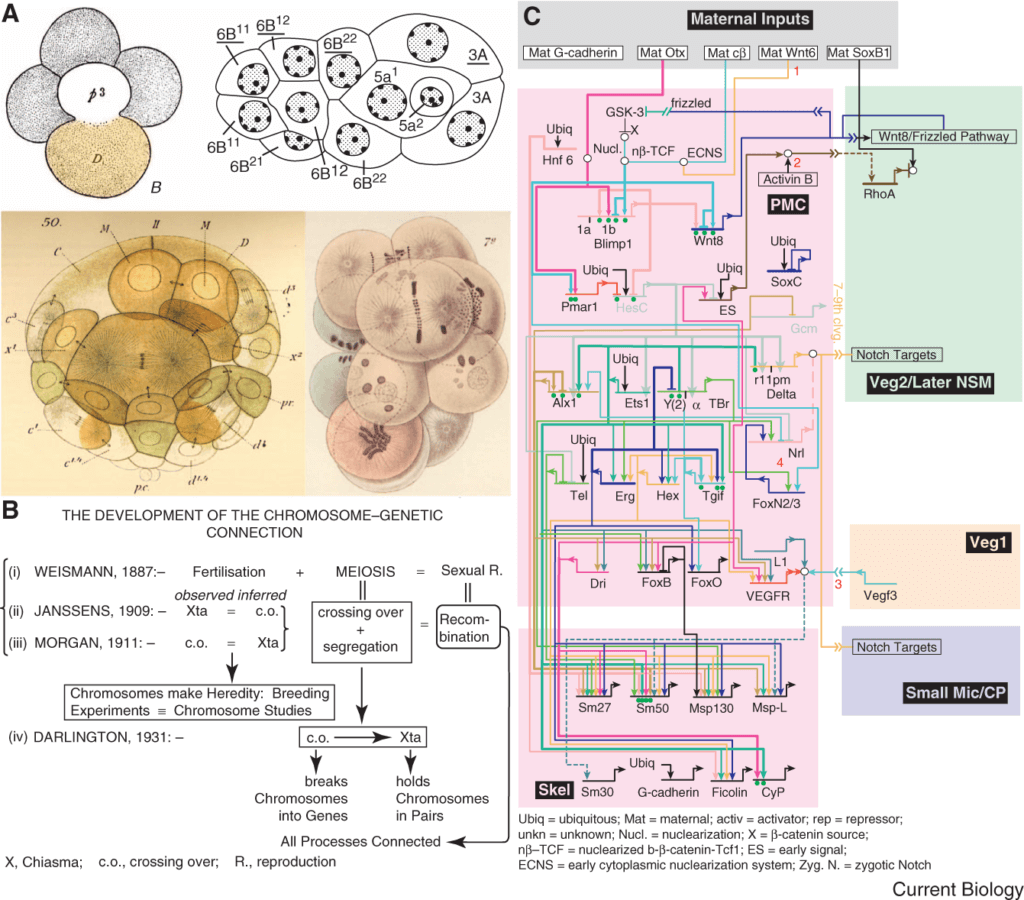2012
Journal Publication
Current Biology
Cellular hyperproliferation and cancer as evolutionary variables
Sánchez Alvarado A
Technological advances in biology have begun to dramatically change the way we think about evolution, development, health and disease. The ability to sequence the genomes of many individuals within a population, and across multiple species, has opened the door to the possibility of answering some long-standing and perplexing questions about our own genetic heritage. One such question revolves around the nature of cellular hyperproliferation. This cellular behavior is used to effect wound healing in most animals, as well as, in some animals, the regeneration of lost body parts. Yet at the same time, cellular hyperproliferation is the fundamental pathological condition responsible for cancers in humans. Here, I will discuss why microevolution, macroevolution and developmental biology all have to be taken into consideration when interpreting studies of both normal and malignant hyperproliferation. I will also illustrate how a synthesis of evolutionary sciences and developmental biology through the study of diverse model organisms can inform our understanding of both health and disease.
Address reprint requests to: Alejandro Sánchez Alvarado



